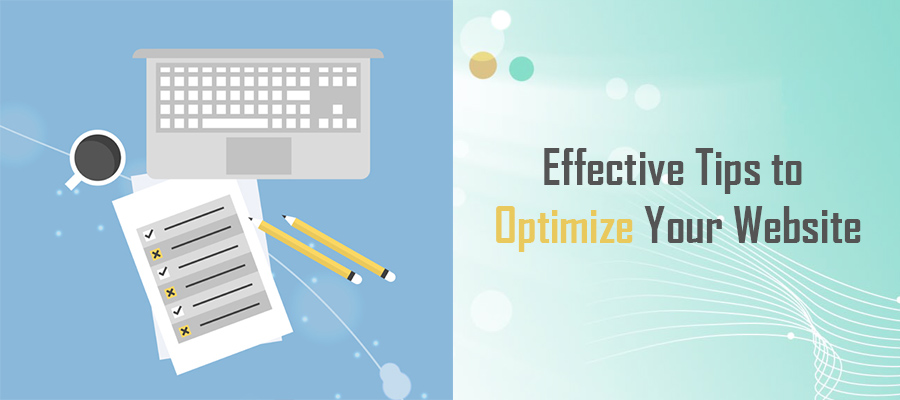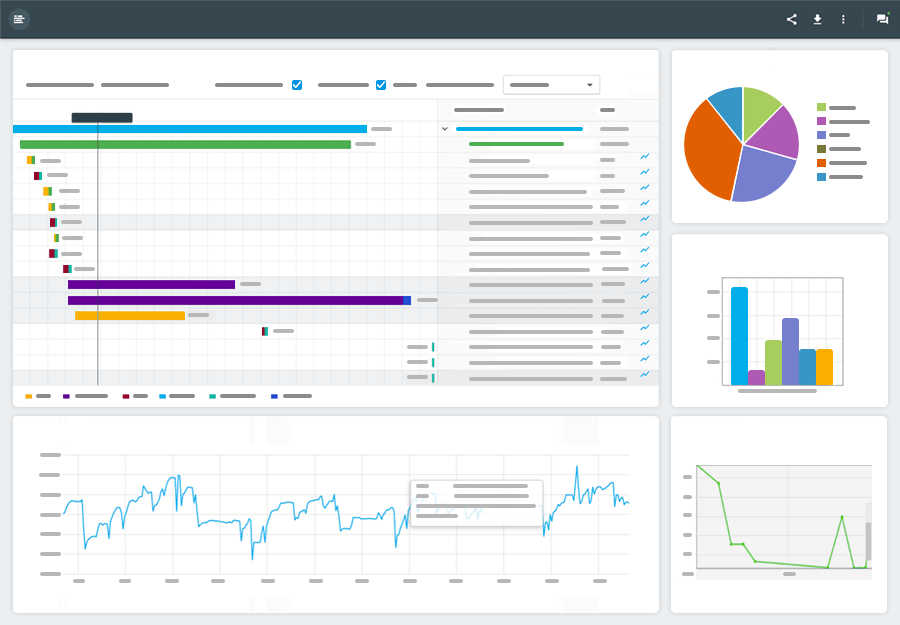 Typically when you think of website performance optimization, it has something to do with increasing visibility via SEO techniques. Although search engine optimization is an essential component of a healthy an active website, it’s not the only type of performance optimization website owners should consider.
Typically when you think of website performance optimization, it has something to do with increasing visibility via SEO techniques. Although search engine optimization is an essential component of a healthy an active website, it’s not the only type of performance optimization website owners should consider.
Instead of optimizing a site for greater visibility, you should focus on optimizing your site for performance. While there are many tips circulating throughout the Internet capable of boosting website speed, some of the most important techniques are also the least discussed.
If you’re serious about creating and sustaining a high-performing website, then take a few minutes and review these effective performance optimization tips.
Spread Out Your Assets – Multiple Server Hosting
The term assets, when used in this matter, refers to the various website components, such as images, videos and static scripting files. Generally, you host all of your websites assets on a single server, and while this is acceptable for smaller websites, larger enterprises may find this method of data storage counterproductive for speed.
Instead of hosting all of your website assets onto single server, consider spreading out these assets across multiple servers. This not only increases performance, but also sustains fast and efficient response times during moments of increases traffic.
Merge Speed and Efficiency – Combining JavaScript Files
Does your website use multiple JavaScript files? If so, then you should optimize how browsers access these essential scripts by merging multiple JavaScript elements into a single file. While this is an effective and powerful way to increase performance, it isn’t the easiest. If you’re interested and merging multiple JavaScript elements into a single file URL, take a little time and research how to do so using PHP and .htaccess.
Think Locally or Act Globally? Server Location
If you’re novice when it comes two managing websites, you may make the common mistake of not carefully selecting your website hosting provider. While this may not be the biggest issue for every website owner, those wishing to maximize performance and search engine visibility should spend a little time understanding the importance of host server location.
Essentially, the best web host for you depends on the location of your target audience the size of your entire website. For example, if you primarily target a local audience then you should find a server within the same state or city as your ideal demographic. On the other hand, if your audience is global then you should investigate content delivery networks, or CDN.
Experience Performance Riches by Caching Everything
Regardless of your websites size or purpose you should consistently focus on caching everything. Not only should you cache website data on the back-end, such as with your server, but also leveraging browser site caching. Although server and browser caching performs two different functions, when they work together your visitors will enjoy stable and high performance website.
Performance Lives in Knowledge – Regular Testing
While this isn’t a specific tactic in terms of adjusting specific page elements, regularly performing speed tests through a third party tool provides necessary benchmarks to ensure consistent performance. Regardless of the tool you decide to use, make sure that it provides both on and off page insights as well as regular updates based upon Technology advancements.


